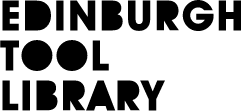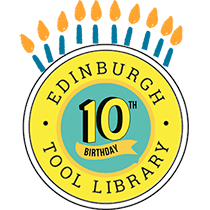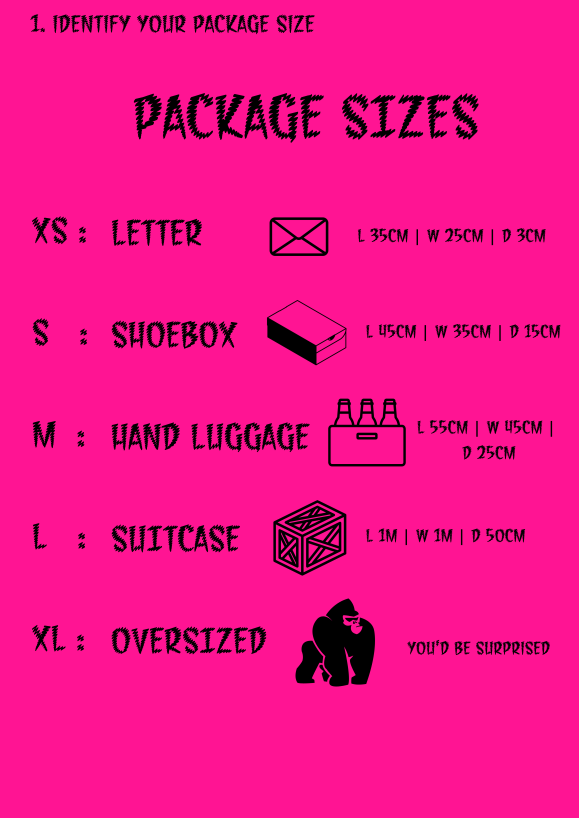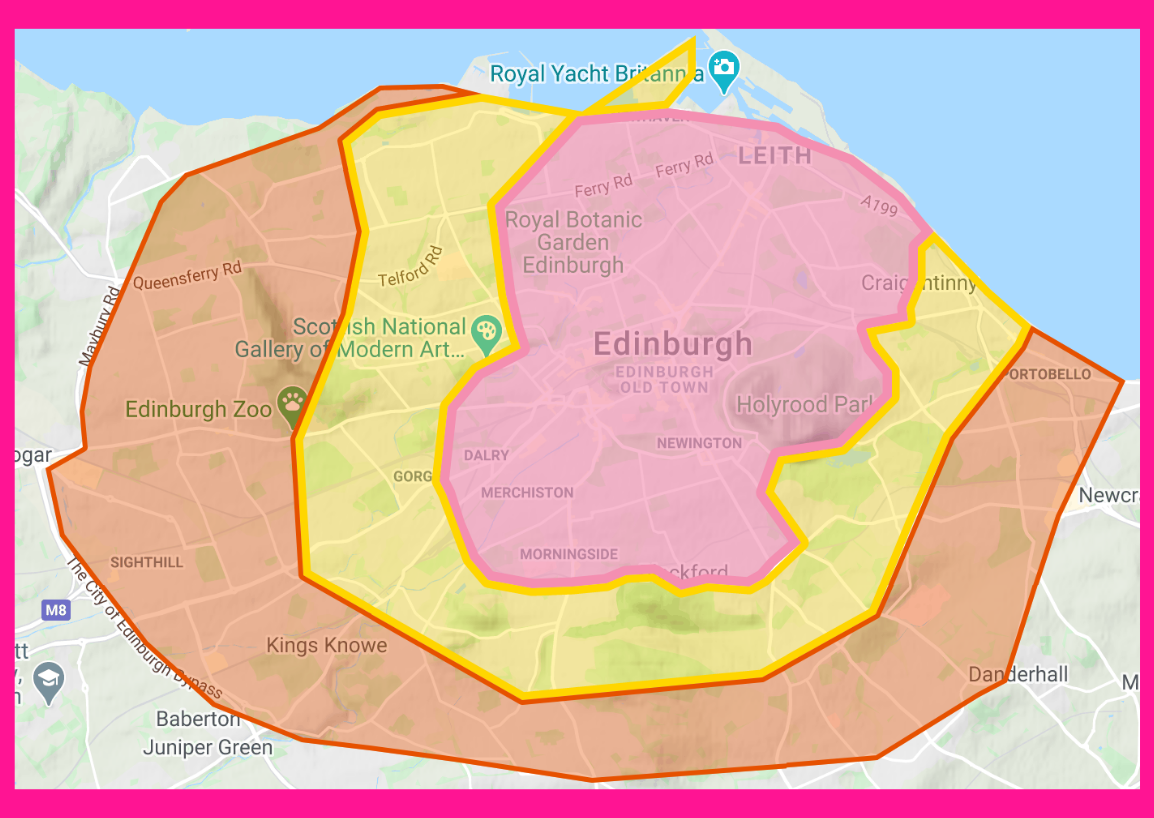By Dave Clancy
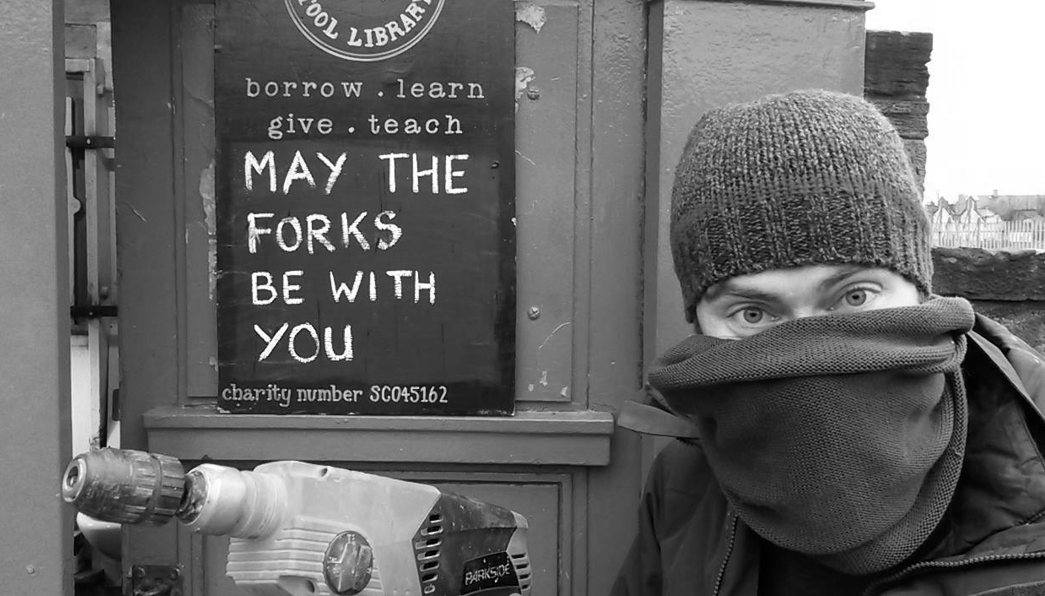
These are strange times, even for the strange times we have all gotten used to living in. As I write, a significant proportion of the world is still under lockdown due to the COVID-19 pandemic, with an estimated 2.6 billion people living with some sort of restrictions to their daily lives. A situation unthinkable only a few months ago, there is still much uncertainty as to how we find our way out of this and where we will end up. Questions about immunity and vaccines abound, but also ones about our loss of rhythm and intimacy. How do we get back to that place where we can once again come together, to celebrate, to support, to live like the social beings we all are? What does seem certain is that our old ways of living will require some tweaking, perhaps even radical changes. Amid the tragedies, and anger, and economic destruction that the virus is still wreaking, some are hopeful that the crisis can ultimately be a catalyst for positive change, and a reimagining of our future world.
One such optimist is Chris Hellawell, founder and CEO of the Edinburgh Tool Library (ETL). Founded in 2015, the ETL, the first of its kind in the UK, operates like a library but with tools instead of books. Members pay a small fee each year to access an array of tools ranging from hammers to lawnmowers to pressure sprayers. They save both money and space, and can make use of workshops where friendly ETL volunteers stand by to offer help and advice on projects. But the ETL’s mission extends far beyond just tool-lending. It provides training and opportunities for young people facing barriers to employment, partners with other organisations on social projects, and even offers woodwork classes. And, just like a traditional library, its three locations across Edinburgh act as focal points for the community, a place where ideas and skills, and not just things, can be shared.
I’ve known Chris for over five years now, having met through a mutual friend, and ended up as a treasurer and trustee of the ETL for 3 years. Chris has that effect on people. I’ve never known him to be anything less than optimistic or inspiring. ‘A glass half full kind of guy’ he says, in a typically understated way. We meet, as is now the norm, over a video call. We laugh at the strangeness of it all. But social distancing presents challenges for social enterprises like the ETL. Because of the lock-down, it is unable to carry out tool-lending or workshops. But while the five full-time staff are now furloughed or on leave, the ETL and its volunteers, also known as Tooligans, are anything but idle.
‘We are not directly useful to battling a virus, but we have the facilities there and the resources and the network of volunteers that can be useful to people’, says Chris. And they are. The ETL van (electric of course), along with workshop manager Jonny, are helping deliver food packages and supplies to vulnerable residents in Wester Hailes, a socio-economically disadvantaged area of Edinburgh. Sewing machines, usually available to borrow as part of the 1000-plus tool inventory, have been distributed to some of the 800-strong Edinburgh Mask Makers group, who are making face-masks to help stop the spread of COVID-19. The ETL is also helping with logistics. It has built secure collection boxes for the masks, and is assisting with the collection and distribution to the places that need them. Realising there was PPE in their now shuttered workshops, masks were donated to a local care home too. These are just some examples of the kind of support ETL provides to the community and the Third Sector. And this is the real point of the ETL: an enabler, a connector and a doer, filling the gaps, helping others out and linking people as it does. An embodiment of the whole, the community, being greater than the sum of its parts.
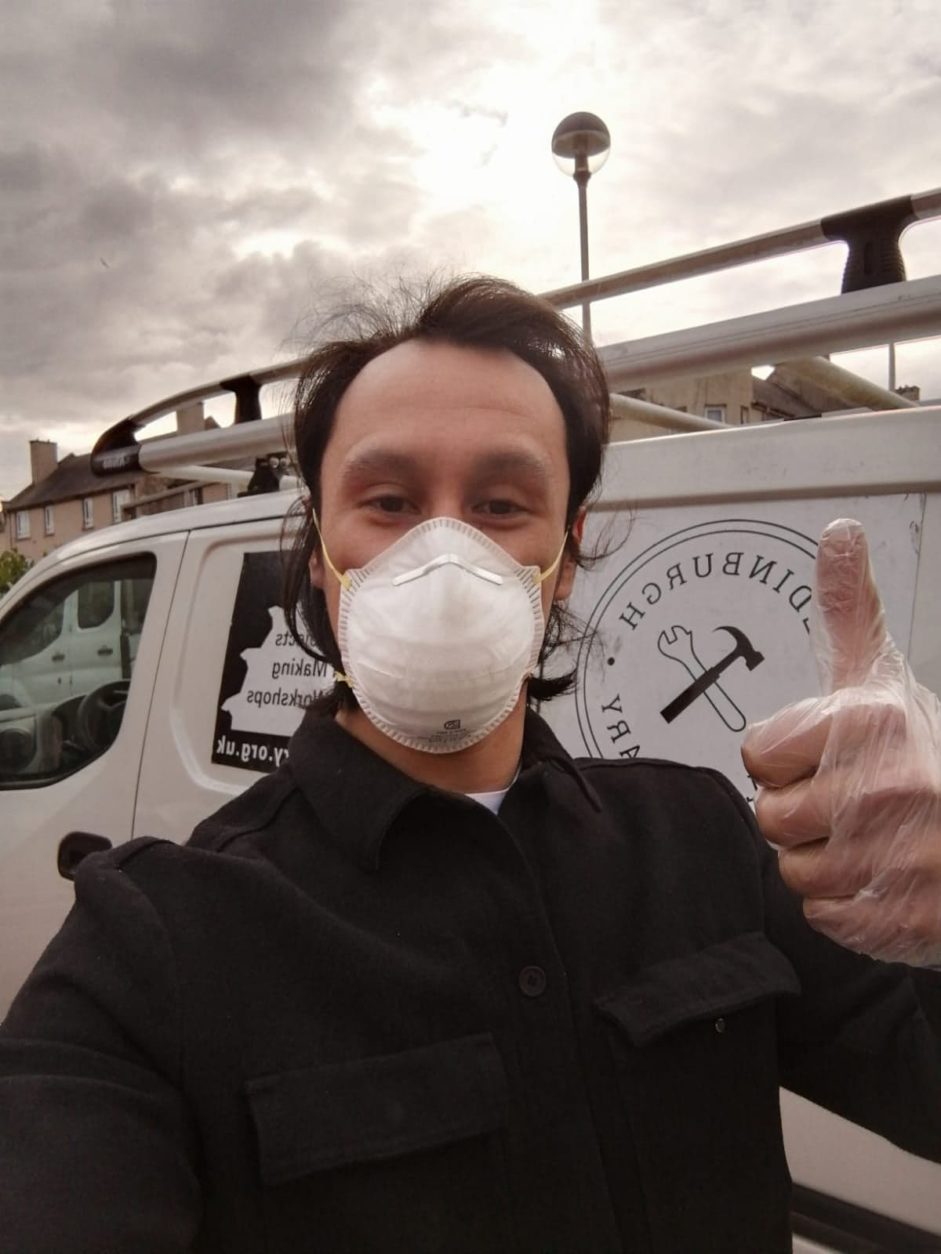
The ETL is part of what is sometimes referred to as the ‘Sharing Economy’. This term, which describes an economic system where assets or services are shared between people, can be seen as a describing a number of different approaches along a spectrum. At one end sit companies like Airbnb and Uber, capitalist and profit-seeking, and at the other social enterprises such as the ETL, with community and positive social and environmental outcomes firmly at their core. Whilst there are some similarities in terms of efficient use of resources, Chris does not think comparisons between the 2 ends of the spectrum make sense. In fact, he believes that while the term does apply to the ETL, ‘money-making large companies that don’t pay their fair share of taxes’, such as those multi-billion dollar businesses, ‘don’t have much to do with sharing’.
The reaction of all businesses, regardless of economic model to this crisis will, thinks Chris, be a differentiator going forward. ‘People will remember you were a positive force in the community’, pointing out that businesses who have ‘stepped up will realise that people do care about this stuff, and they will do well’. He foresees a continuation, even an acceleration of the trend, seen from local businesses to the world’s capital markets of people demanding more from companies. It’s no longer enough to provide good products and services, there is now also a demand that companies are socially aware, that they treat their staff well and, in short, are good citizens.
Not far from the docks of Leith where the ETL is based, Edinburgh city centre is a hub for global financial asset management, where the trend towards ESG (Environmental, Social, Governance) or ‘responsible / sustainable investing’, backs up Chris’ thoughts. In recent weeks, there has also been a shift away from shareholder capitalism towards what is being referred to as ‘stakeholder capitalism’. As a result many Finance companies have suspended paying their usual dividends to shareholders in order to better look after small businesses and their workforce. Other things are stirring too. Talk on Universal Basic Income, long a fringe idea for revolutionising the economy, is firmly back on the table and is arguably being implemented right now in much of the Western world.
But Chris also thinks that as well as enterprises becoming more ‘social’, that social enterprises themselves will increasingly be seen as an economic model for the future. He concedes that they will likely take a hit in the short term (the average charity or non-profit is advised to have cash in the bank for just 3 months of expenses) but points out that more and more people are realising, especially in the eye of the pandemic storm, that organisations with community at their heart, are the ones you can trust and want around. ‘People are really starting to understand these are the things that I need in my life, these are the things that are non-essential. And community is essential’.
The recent surge in community spirit points towards the strength of this feeling. The Thursday communal ‘Clap for our Carers’ sees millions of people stand outside their homes, socially distant, but together, to applaud NHS workers. An estimated 1 million people volunteered to help the NHS in England during the crisis, and there are numerous stories of neighbours banding together to ensure everyone on their street has enough food, supplies and reading material. This trend towards a society that is more community-minded and focused on people and the environment, already underway, may be accelerated by the pandemic.
‘A man is rich in proportion to the number of things which he can afford to let alone’ said Henry David Thoreau in his book Walden. First published in 1854, it has offered meaning for every age since. Viewed right now, we can see that although COVID-19 has brought tragedy and disruption and untold misery, an unexpected bright spot may be glimpsed in its pausing of our world. It has hushed some of the incessant noise scrambling our thoughts, it has slowed the dizzying pace of modern life and, having allowed people the time and clear space to think, might just have liberated us from some of the things we thought we could not let alone. ‘People are able to spend some time identifying what they really want to do’, Chris says.
But we do not live in this brave new world right now, and mundane things like rent and wages and bills still need to be paid. Chris fears that many charities will struggle to survive. And I wonder whether Chris and the ETL are fearful given the headwinds they face – both financial and logistical – given their model of gathering people together and sharing things. They are still spending money, paying rent and some staff, and they are still sharing and donating resources and time – are they doing too much now and risking not being around in the sunshine of the spring following this sudden, sharp winter? ‘We could hunker down and just not do anything and get through it’ says Chris, ‘…but even if we don’t [get through it], there is no point in sitting on this money and not following through on our values and our ethos’.
His words bring back an echo of October 2015 from the back room of Boda Bar on Leith Walk. The ETL’s first AGM – truly another world. I was nervously thinking about my Treasurer speech, when Chris spoke about the impact of the then fledging ETL, the power of volunteering and the difference it can make to local communities. A friend who was there later confided how moved and inspired she was by it. The act of giving up your time and energy and not seeking money or credit, or any payback is one that has perhaps been overlooked as the world has hurtled towards seemingly unfettered free-market capitalism.
Lewis Hyde, in his extraordinary book, ‘The Gift’, examines the difference between things given as gifts, or shared, without an expectation of payment, and those given in exchange for money. ‘A circulation of gifts creates community out of individual expressions of goodwill’, he says and goes on to describe how things given as gifts ‘increase – in wealth or in liveliness- as they move from hand to hand’. Lawrence Lessig, in ‘Remix’, brings all of this into context. ‘Gifts in particular, and the sharing economy in general, are thus devices for building connections with people. They establish relationships, and draw upon those relationships. They are the glue of community….’
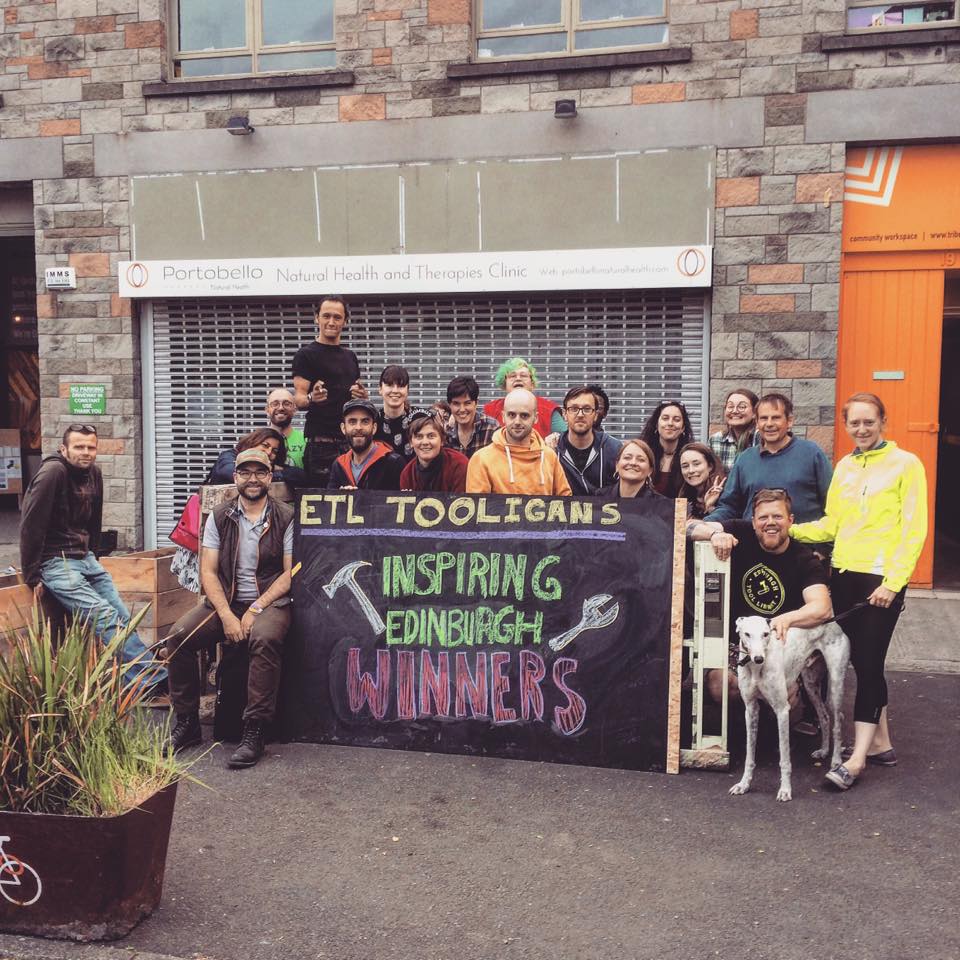
Chris and the ETL are giving and sharing and as a result strengthening and increasing the community in which they live. The gifts they give, through volunteering and sharing, are increasing in worth, resulting in a more resilient, anti-fragile, and richer community. They may even be doing this to the detriment of their own future, but Chris, ever the optimist, stands firm. ‘If you say yes to helping people or you do the right thing when you have the chance…. You don’t know where that’s gone. If you do it for the right reasons and do the right thing, it will be alright.’
Andrew Carnegie, the Scottish-American industrialist and philanthropist, once said ‘A library outranks any other one thing a community can do to benefit its people. It is a never failing spring in the desert.’ The world at the minute feels a bit like a desert, facing a drought of jobs, money and human connection, brought on by COVID-19. The ETL, and social enterprises like it, with their models of sharing and generosity over profits stand oasis-like before us. A never failing source of strength and community, they can be a vision for the future and an inspiration in dark times. It does however, require us to have a strange but beautiful kind of faith that everything will be okay. That as Walt Whitman said ‘the gift is to the giver, and comes back most to him – it cannot fail’. Here’s hoping.
Dave Clancy is a former Treasurer of ETL, and is now exploring the world as a writer of creative non-fiction.
